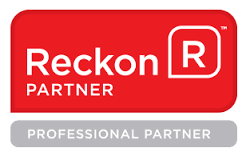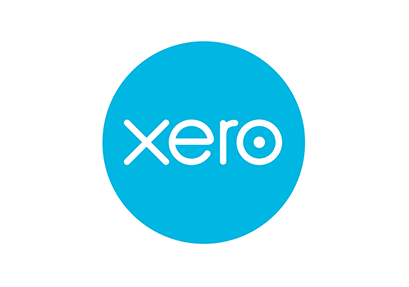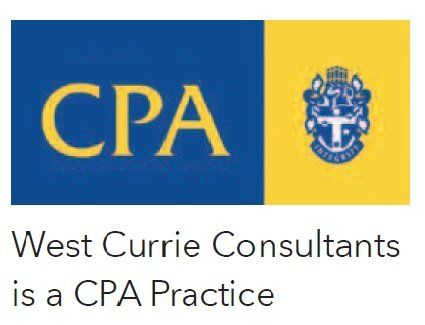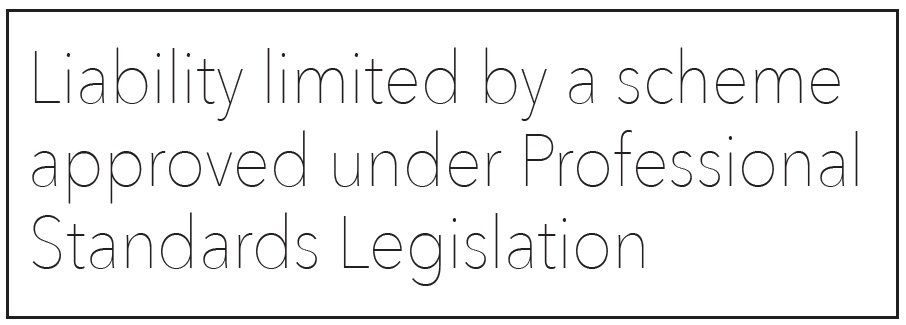Record Keeping & Substantiation for Small Business
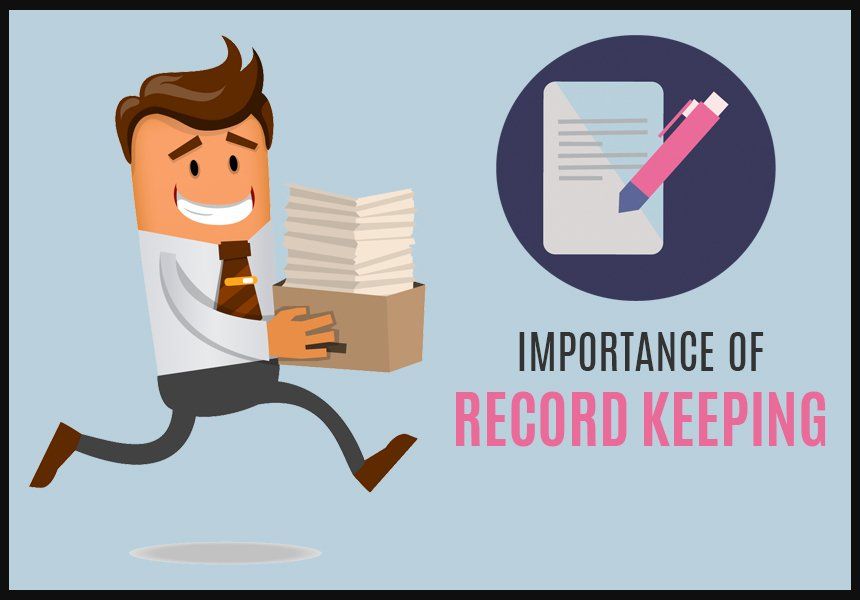
It's never too late to start a good record keeping system for your business. It's an important part of being a small business owner, keeping good records of your transactions and tax invoices will help you monitor the performance of your business as well as comply with your tax obligations.
Benefits of record keeping
While it can be tedious, there are many benefits to keeping good records.
It can help you to:
- keep track of your business' health, so you're able to make sound business decisions
- prepare your financial statements and tax returns more easily
- manage your cash flow
- demonstrate your financial position to banks or other lenders.
The legal requirements for keeping business records
By law your records must:
- explain all transactions
- be in writing (electronic or paper)
- be kept for a minimum of five years or longer after the record is created, updated or the transaction is completed (whichever occurs last)
- be in English or in a form the Australian Taxation Office (ATO) can understand.
You can incur penalties if you do not keep the right tax records.
Storing records electronically
You're able to store your records electronically, but you must make sure they are:
- a true and clear copy of the original
- kept for five years
- able to be reviewed by the ATO at any time.
The records must also be on a computer or device that:
- you have access to (including all passwords)
- is backed up in case of computer failure
- allows you to control the information that is processed, entered and sent.
The tax records you have to keep
You will need to keep records to help you prepare your business activity statement (BAS), and annual income tax return. Depending on your tax obligations you may need to keep other records as well. If you have any concerns or questions please feel free to contact our office for more information.
Here's a list of some of the tax records that small business owners have to keep:
Income and sales records
Records of all income and sales transactions, including tax invoices, receipts books, cash register tapes and records of cash sales
Expenses or purchase records
Records of all business expenses, including cash purchases. Records could include receipts, tax invoices, cheque book receipts, credit card vouchers and diaries to record small cash expenses. If you bought something for your business, but sometimes use it for private use, you also need to keep records showing how you worked out how much of its use is private.
Year-end records
These may include lists of creditors (people you owe money to) or debtors (people that owe you money). It also includes expenses you incur buying, maintaining, repairing and selling business assets or stock. You should keep worksheets to calculate the decreasing value of your assets (also called 'depreciating assets'), stocktake sheets and capital gains tax records.
Bank records
Your banking records can include things like deposit slips, cheque butts or payment records, bank and credit card statements, and loan or lease agreements.
Your business and personal expenses should be kept separate. Separate business bank accounts are mandatory for partnerships, companies and trusts. If you're a sole trader, a separate business bank account can also make your records easier to manage.
Goods and services tax (GST) records
If you are registered for GST, keep all tax invoices from your suppliers, which will help you claim GST credits. You must keep any other document that records adjustments, or a calculation made for GST purposes. You report GST amounts and claim GST credits for purchases on your business activity statements (BAS).
Fuel tax records
To claim fuel tax credits for your business, your records must show you:
- acquired the fuel
- used the fuel in your business
- applied the correct rate when calculating how much you could claim
- are carrying on business activities that are eligible for fuel tax credits.
Employee and contractor records
If you have workers, you will need to keep records of any:
- tax file number (TFN) declarations and withholding declaration forms
- wages, allowances and other payments you make to them
- tax you withhold from payments you make to them
- contributions to their superannuation
- fringe benefits you provided
- contracts
Your tax and super obligations will change depending on whether your worker is an employee or a contractor, so it's important you determine what your worker is.
If you would like to know more information in relation to record keeping and substantiation, call us today on 03 55851 522 or call into one of our offices.



